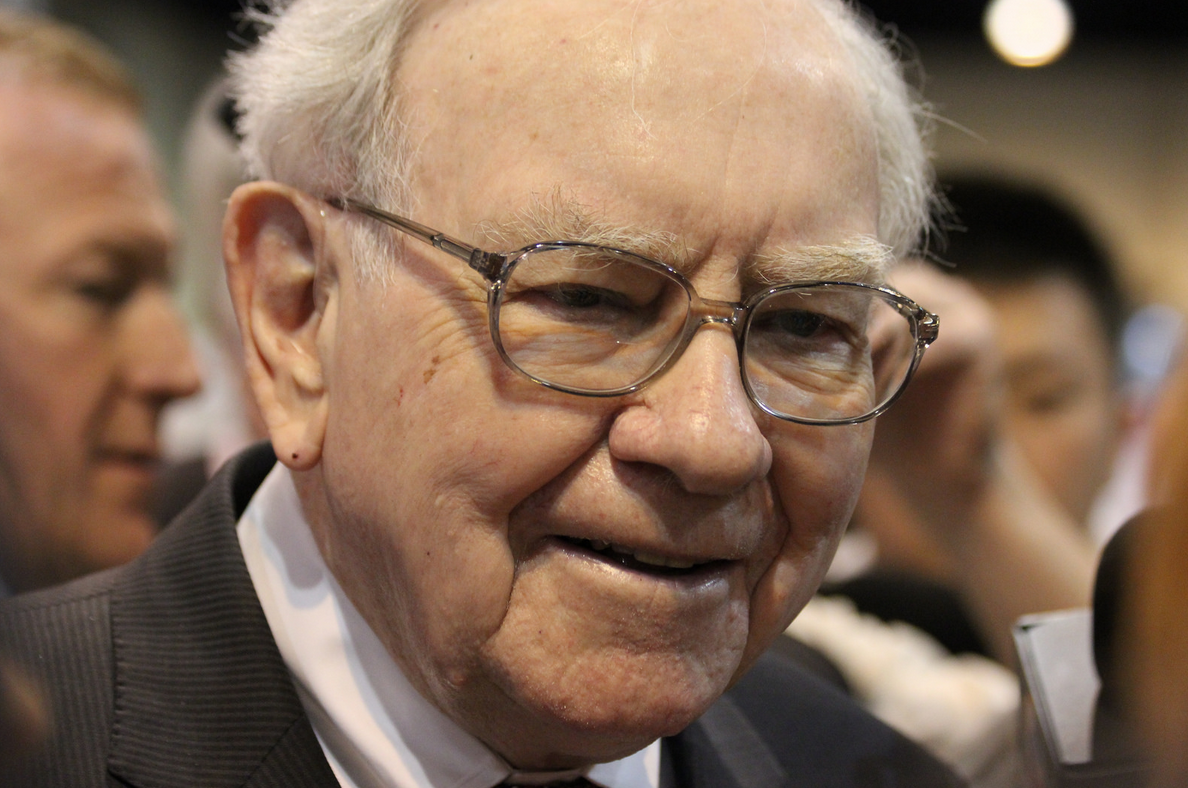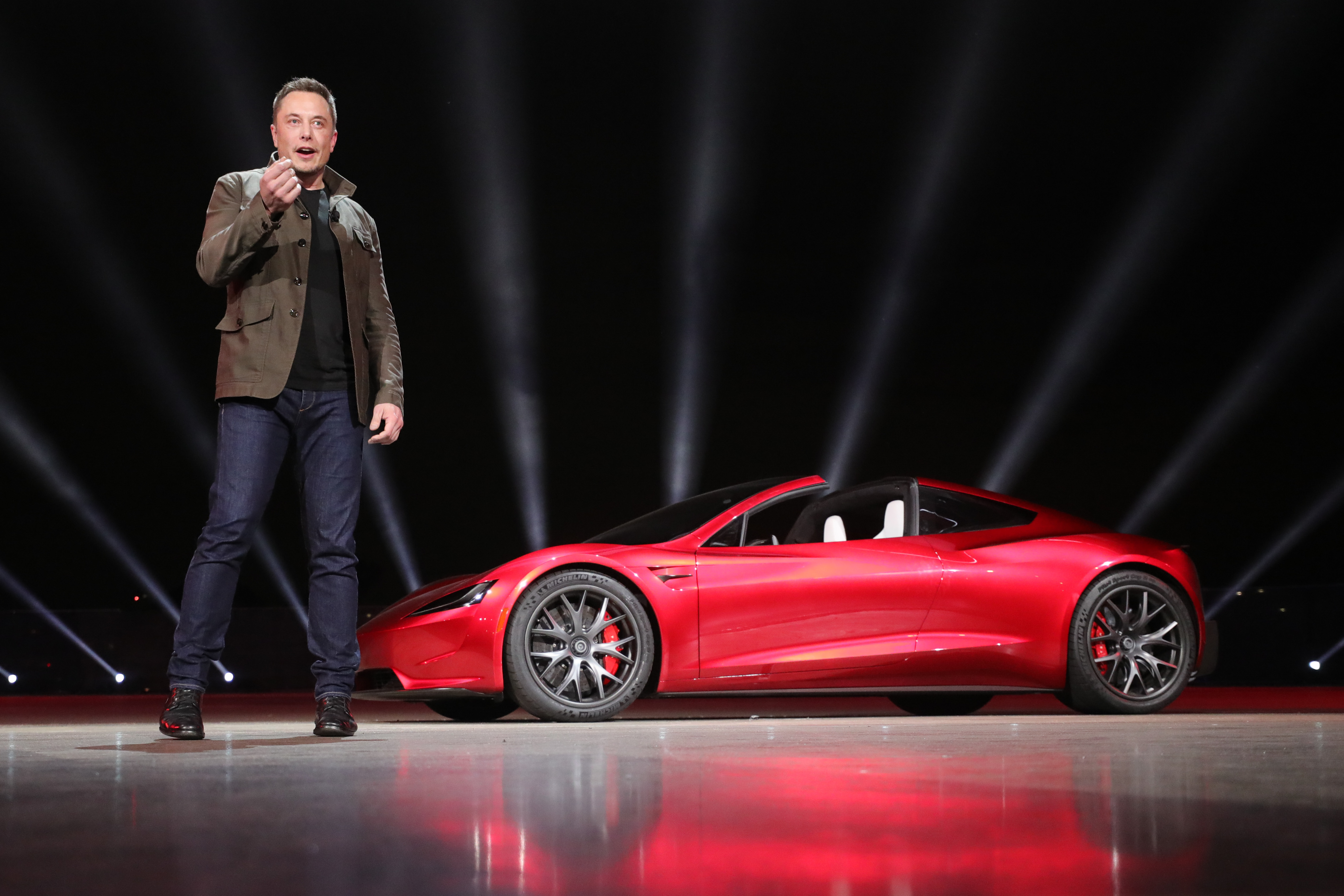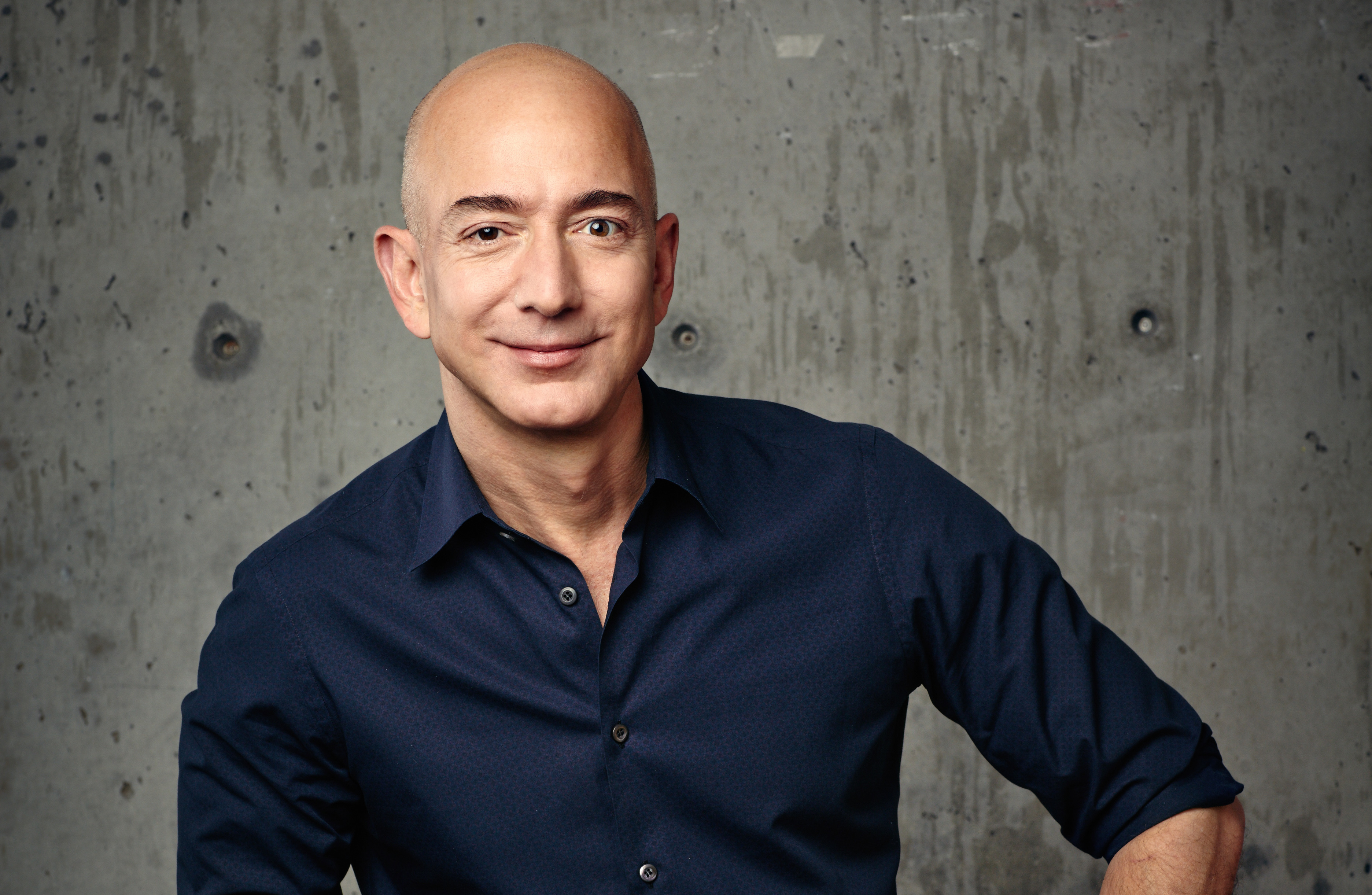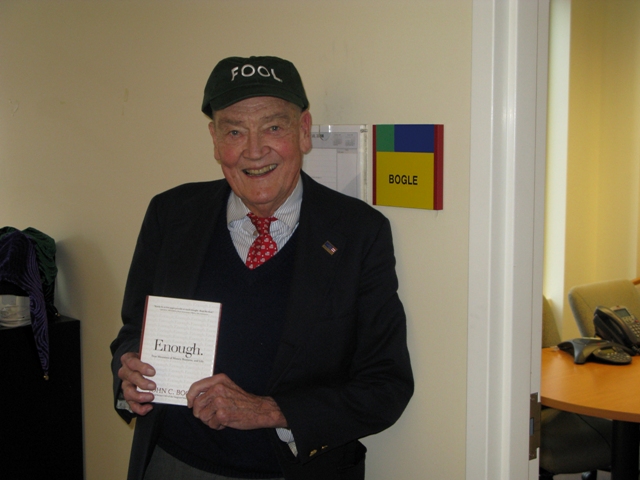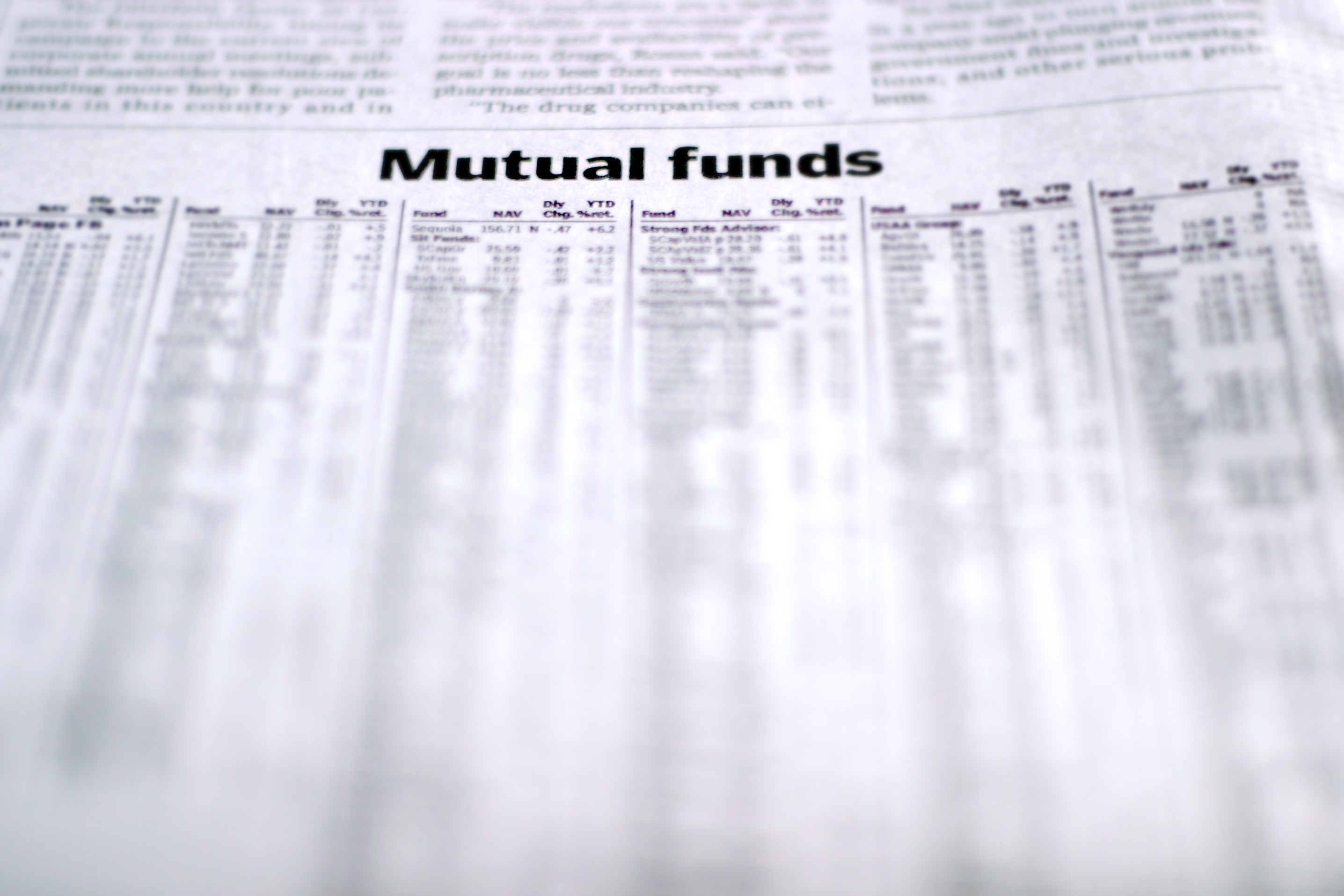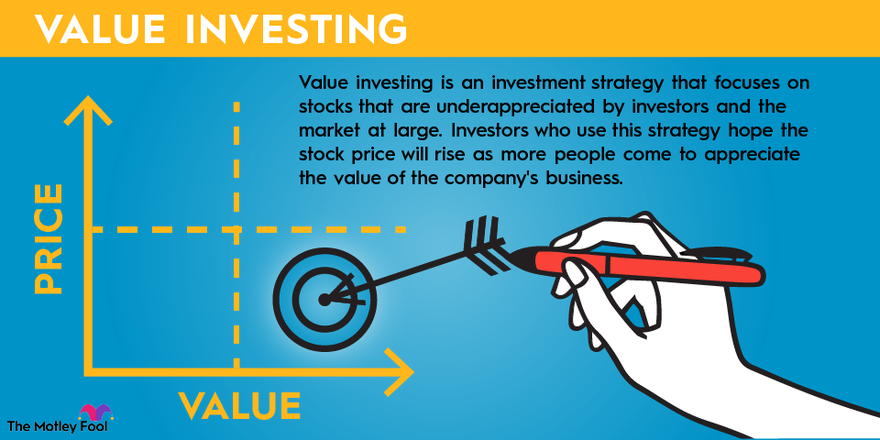Berkshire Hathaway (BRK.A +0.28%)(BRK.B +0.14%) is a conglomerate that owns roughly 70 businesses, as well as a massive stock portfolio. Though the company dates back to 1888, Berkshire Hathaway is practically synonymous with Warren Buffett, its chairman and CEO, who is often regarded as the best stock picker in history.
Since Buffett -- also known as the Oracle of Omaha -- took a majority stake in Berkshire Hathaway in 1965, the conglomerate has had compound annual gains of 19.9%, compared to 10.4% for the S&P 500 index. Between 1965 and 2024, that translates to gains of 5,502,284% (assuming dividend reinvestment) versus 39,054% for the S&P 500.
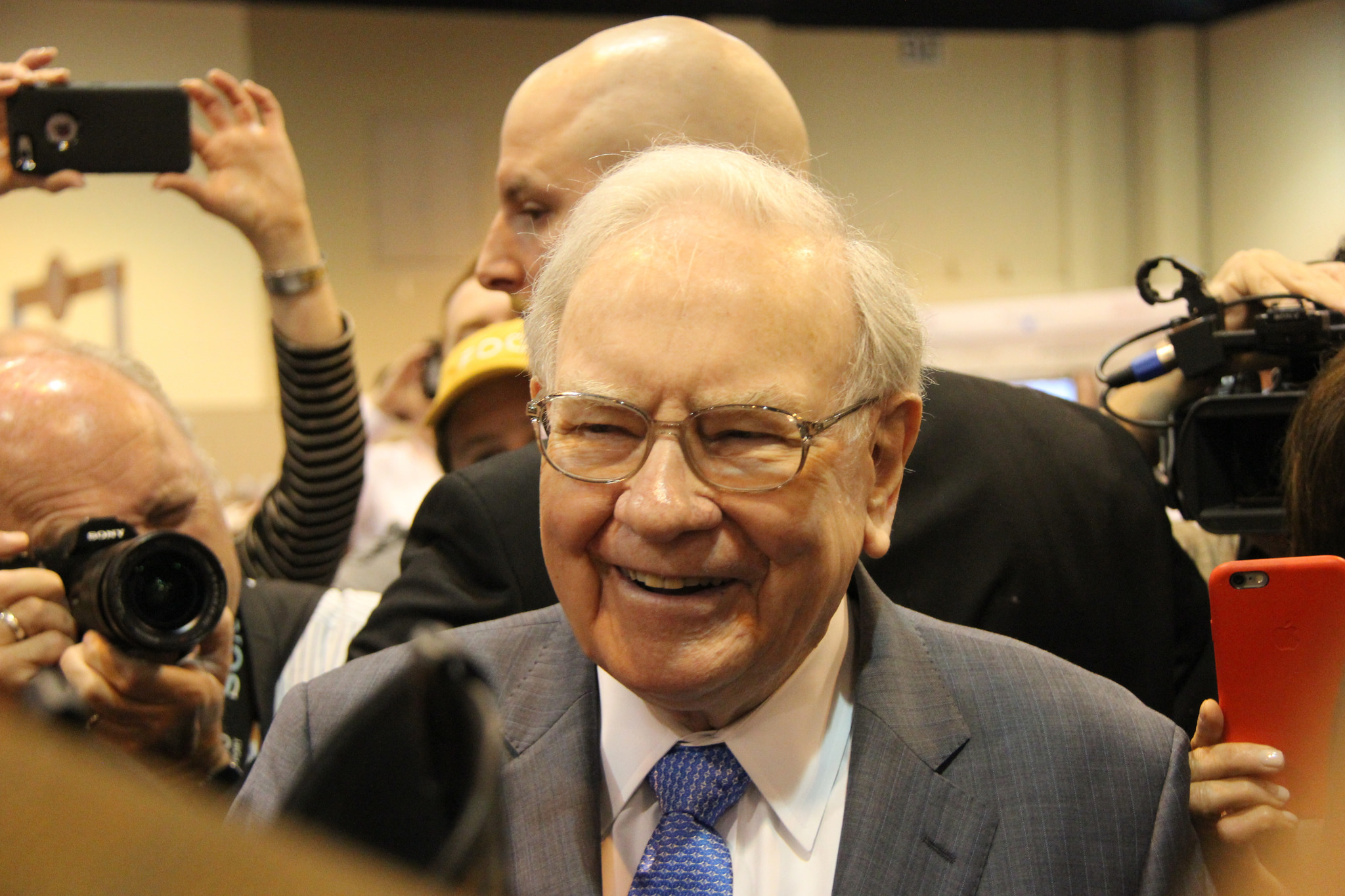
Below, we'll take a look at Berkshire Hathaway's history, investment strategy and achievements. We'll also cover how the company has been shaped by Buffett and what the future holds once its legendary chairman is no longer at the helm.
What is Berkshire Hathaway?
- Company name: Berkshire Hathaway
- Type of business: Multinational conglomerate company
- Founded: 1888 as a textile business
- Founder: Oliver Chase
- CEO: Warren Buffett
- Headquarters: Omaha, Nebraska
Berkshire Hathaway is a multinational conglomerate company that wholly owns a broad array of businesses and is a major shareholder in many major publicly traded companies. Based in Omaha, Nebraska, the company has been under famed investor Warren Buffett's leadership since 1965. Buffett's longtime business partner, Charlie Munger, who died in 2023, joined Berkshire Hathaway in 1978.
Berkshire Hathaway's wholly owned businesses include insurance companies like GEICO, several energy companies, BNSF Railway (one of the largest railroads in North America), consumer goods companies like See's Candies and Fruit of the Loom, and retail businesses like Dairy Queen and Helzberg Diamonds.
Its stock portfolio also includes a variety of businesses. As of mid-2025, Berkshire Hathaway's largest stock holdings were:
- Apple (AAPL -1.04%)
- American Express (AXP +2.08%)
- Bank of America (BAC +0.72%)
- Coca-Cola (KO -0.06%)
- Chevron (CVX +0.06%)
Berkshire Hathaway's investment strategy
Buffett's investment philosophy has been at the heart of Berkshire Hathaway's success over the past six decades. The Oracle of Omaha's investment strategy includes:
- A buy-and-hold approach to investing: Buffett has never been a proponent of short-term trading and has often said that his favorite holding period is "forever."
- Invest in what you know: Berkshire Hathaway's portfolio is heavy on financial companies, consumer goods businesses, and utilities, reflecting a key Buffett maxim: "Never invest in a business you cannot understand."
- Focus on intrinsic value: Instead of focusing on a business's market value on a given day, Buffett has long focused on its intrinsic value, or actual worth, based on factors like current and future earnings, the stability of its cash flow, and whether the business has a manageable level of debt.
- Look for wide economic moats. Buffett looks for businesses with wide economic moats, meaning they have a durable competitive advantage due to factors like high switching costs, network advantages, regulatory barriers, and cost advantages.
- Diversification is overrated: Buffett doesn't shy away from having a concentrated position in a single industry or company, and he largely avoids some industries altogether. For example, Berkshire has typically steered clear of tech stocks. One major exception is Apple, in which the company owns a substantial stake.
Legacy and impact
Berkshire Hathaway's success has taught generations of investors that building wealth is a long-term game and that it's possible to earn enormous returns while following a strong ethical code.
The company's legacy is inextricably bound to that of Buffett and the late Charlie Munger. One big question is whether the conglomerate's enormous success will continue without Uncle Warren. Buffett, who turned 95 on Aug. 30, 2025, announced that he will retire at the end of 2025, though he will still serve as the company's chairman.
Greg Abel, Berkshire Hathaway's vice-chairman of non-insurance operations, will step into the role of CEO when Buffett retires. Buffett handpicked Abel for the role in 2021 and told Berkshire shareholders in May that he hopes the new CEO will have a long tenure.
"The more years that Berkshire gets out of Greg, the better," Buffett said.








